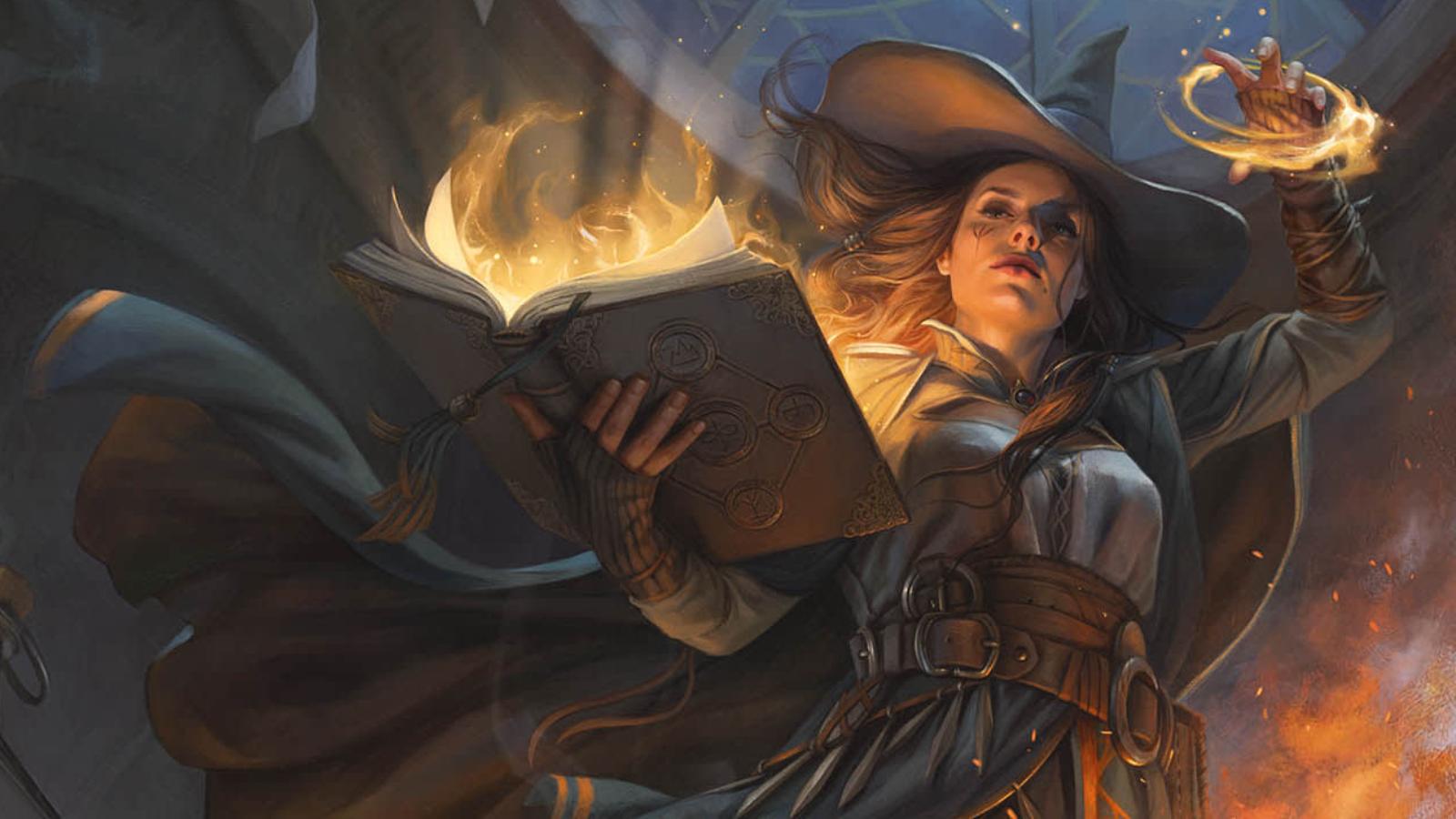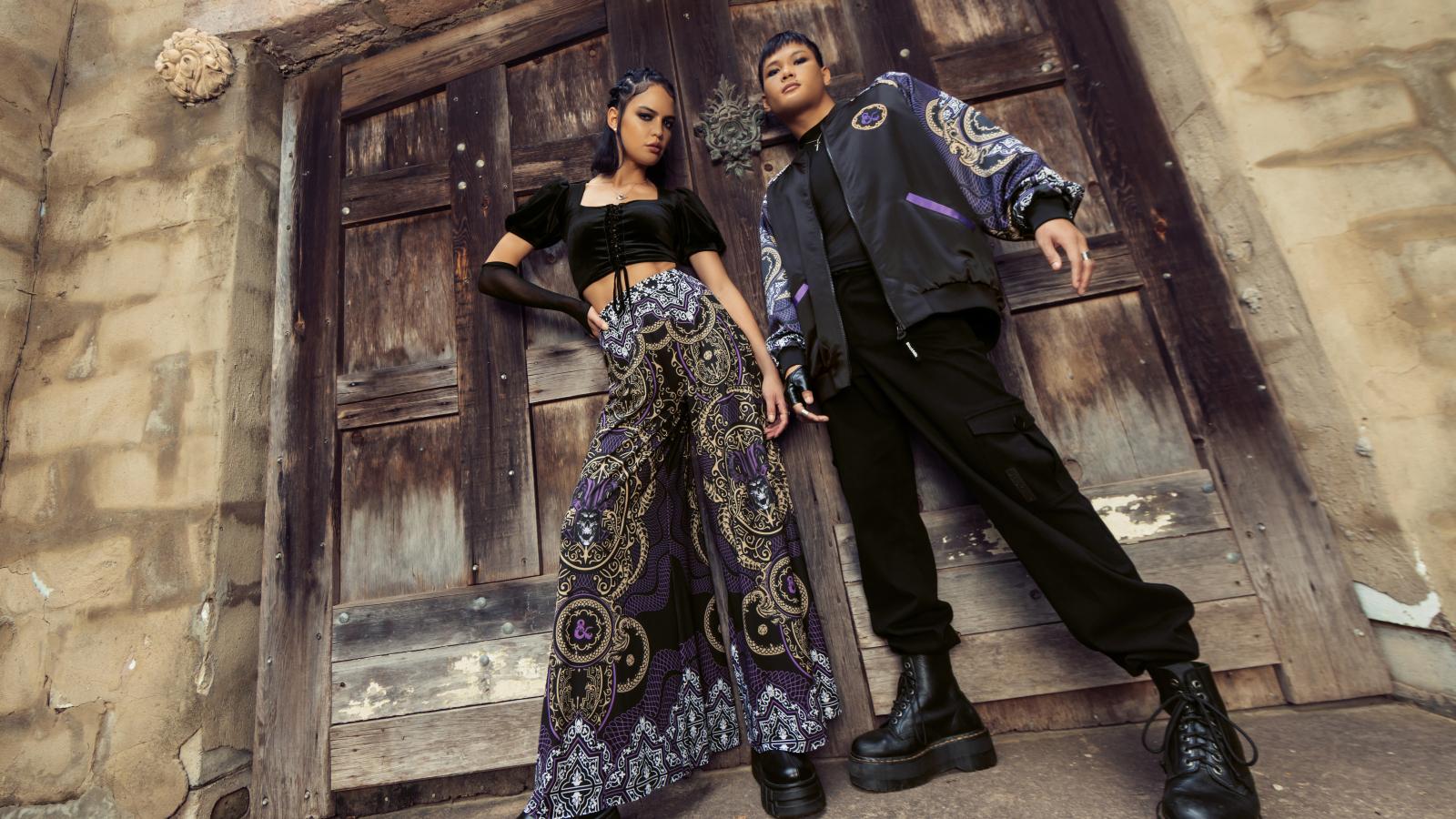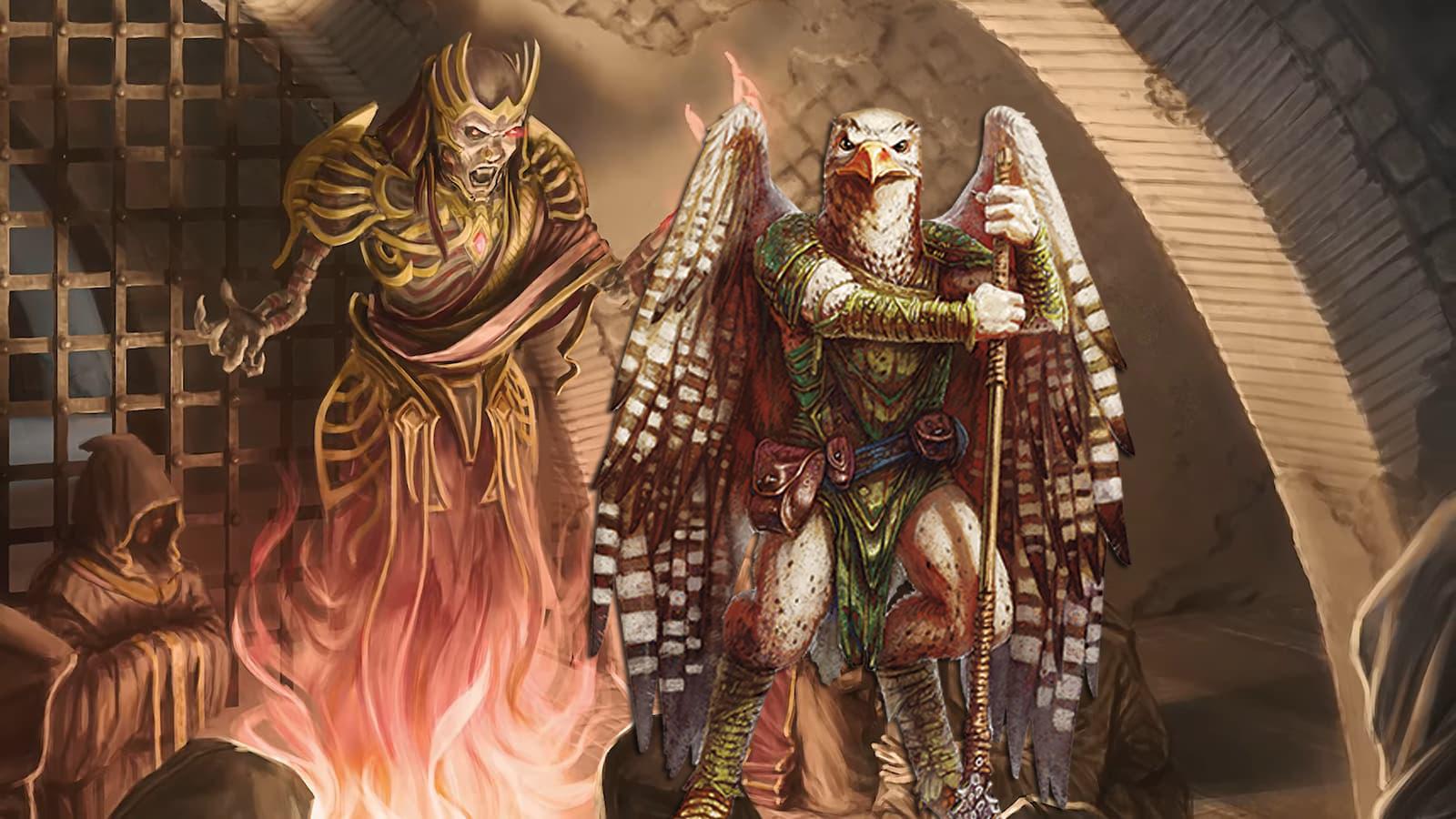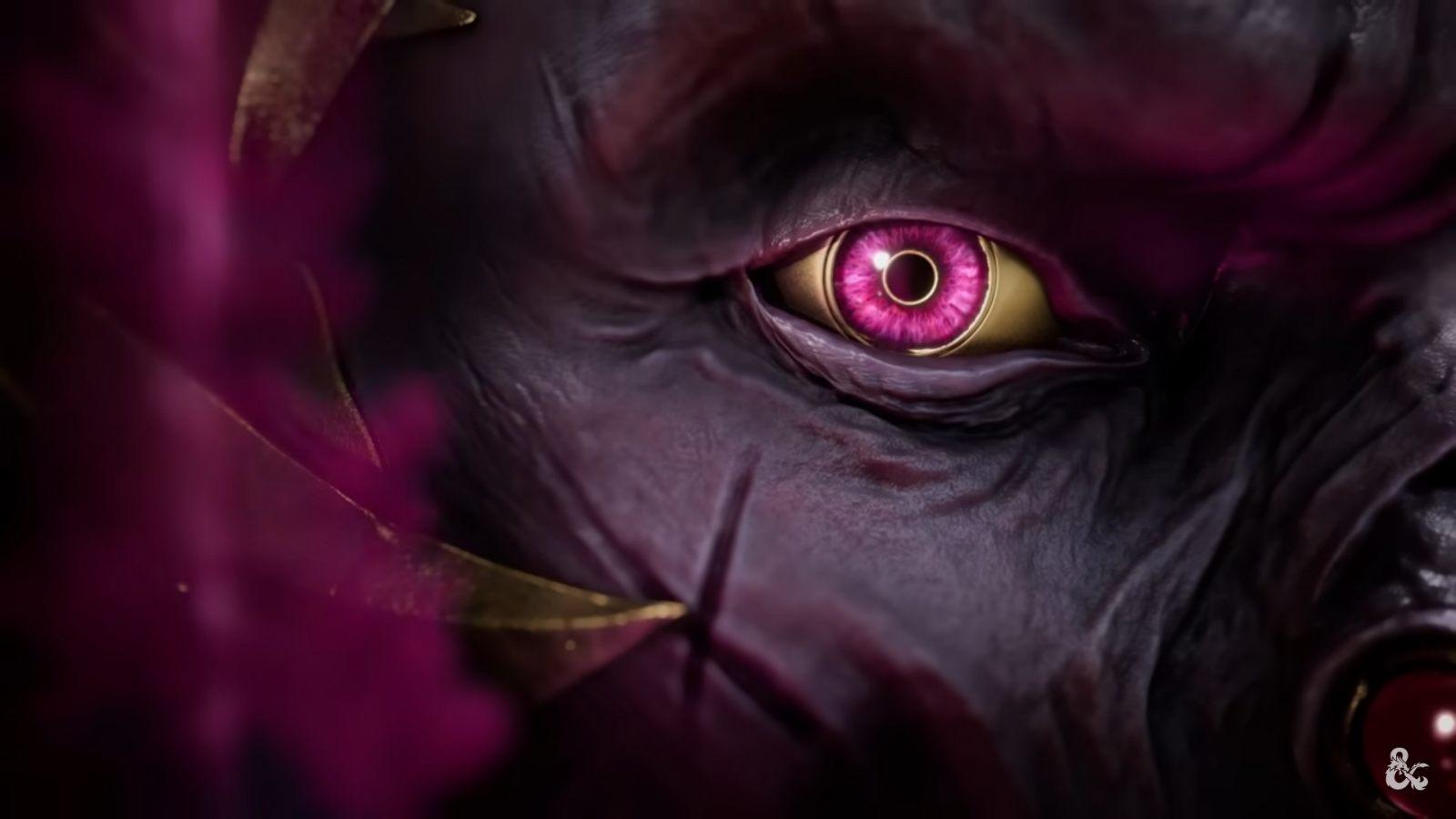What is D&D OGL 1.2? Open Game License playtest explained
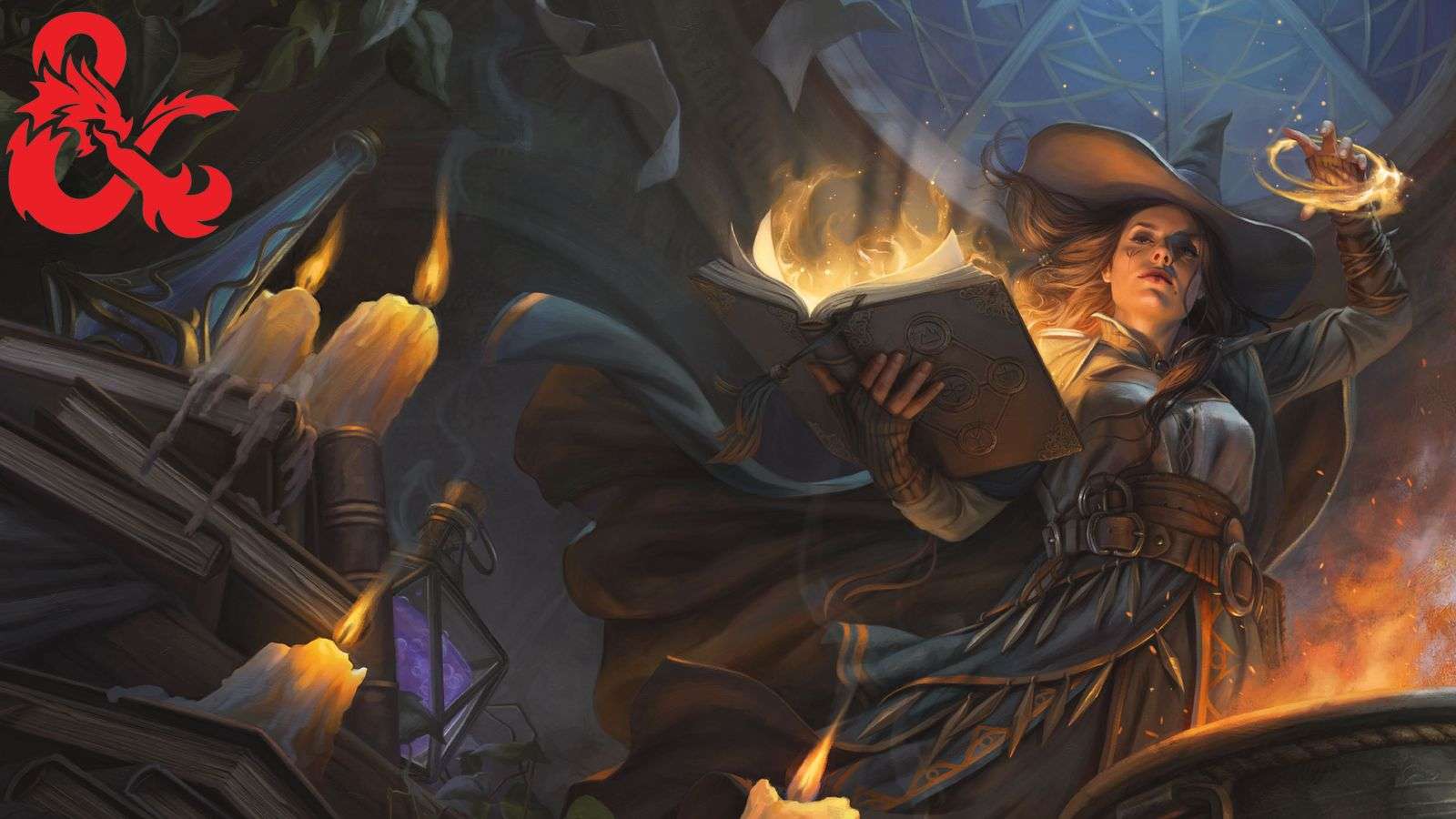 Wizards of The Coast
Wizards of The CoastAmid huge controversy and uproar, Dungeons and Dragons creators Wizards of The Coast have released their D&D OGL 1.2. Here’s everything you need to know about it, what’s changed, and what it means for creators and players.
From the beginning of 2023, Dungeons and Dragons has been thrown into intense discourse thanks to the leak of the OGL 1.1. After reading the leak, fans were outraged by the licensing changes approaching the tabletop game, causing mass unsubscriptions, threats of boycott, and overall frustrations from hundreds of players.
Now, after apologies and promises to do better, Wizards of The Coast have released their OGL 1.2, followed by a survey. This enables fans and companies to ‘playtest’ the agreement before it’s solidified. With that in mind, we’ve put together an explainer detailing everything you need to know about the D&D OGL 1.2.
What is the D&D OGL 1.2?
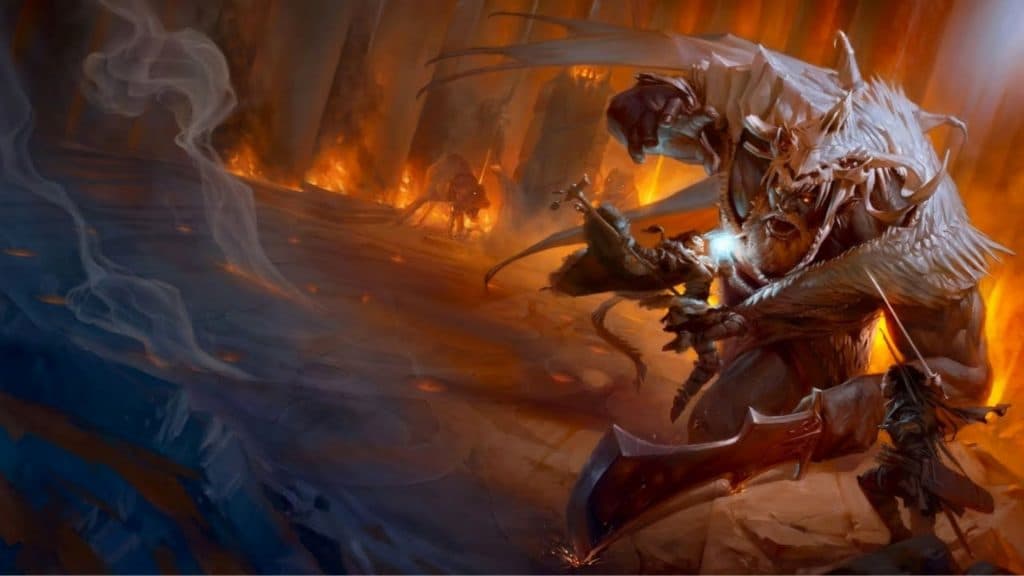 Wizards of The Coast
Wizards of The CoastEssentially, the OGL 1.2 revokes a considerable amount from the OGL 1.1. This time, WoTC explain that “your Licensed Works are yours. They may not be copied or used without your permission” therefore stating that you can create whatever you want for Dungeons and Dragons and claim it as your own licensed work.
On top of that, naturally, WoTC have also stated that, while your work is your own, their work is theirs, explaining how WoTC “own Our Licensed Content and reserve all rights not expressly granted in this license.”
This is further detailed in the 1.2’s statement, “This license permits you to combine Your Content with Our Licensed Content and distribute the resulting works as authorized” meaning you can use their content to create and license your own work.
However, while they have explained that everyone’s work is their own and that you can use theirs to an extent, WoTC has made an interesting move, especially given the content of the original OGL 1.1. Wizards of The Coast are “giving the core D&D mechanics to the community through a Creative Commons license, which means that they are fully in your hands.”
The Creative Commons license, as defined by their website is “a global nonprofit organization that enables sharing and reuse of creativity and knowledge through free legal tools” suggesting that, while the WoTC content is their own, the base D&D mechanics can be used freely to create your own property, such as character sheets, characters, and more.
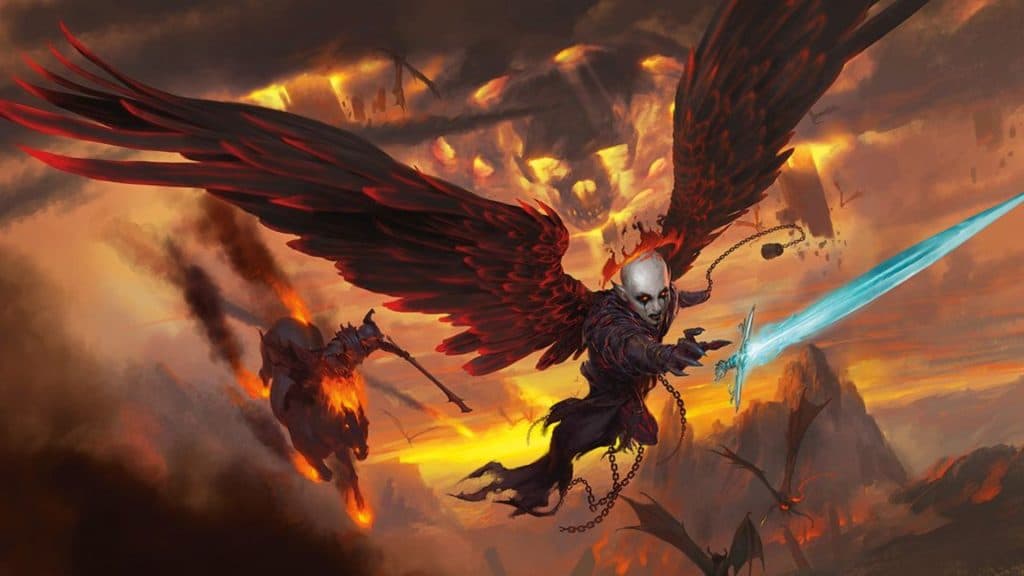 Wizards of The Coast
Wizards of The CoastOne major concern for fans was the introduction of the Creator Product Badge, which was essentially a sign that creators had to place on their items to show they weren’t breaching the new license. It doesn’t seem like that has been taken out with the 1.2 OGL highlighting “a trademark license to the Creator Product badge, as further detailed in the Creator Product Badge Style Guide.” but it has been clarified that fans will “have the option to include a badge on their OGL works.”
It’s worth noting that, as mentioned in the 1.2 license, “this license only applies to printed media and static electronic files (such as epubs or pdfs) you create for use in or as tabletop roleplaying games and supplements (“TTRPGs”) and in virtual tabletops in accordance with our Virtual Tabletop Policy (“VTTs”).” Meaning many will not be affected.
Lastly, the primary element concerning fans is the perpetual notion of the license. WoTC explain that “this license is perpetual (meaning that it has no set end date), non-exclusive (meaning that we may offer others a license to Our Licensed Content or Our Unlicensed Content under any conditions we choose), and irrevocable (meaning that content licensed under this license can never be withdrawn from the license). It also cannot be modified.” This has caused some frustrations among fans, with many questioning what irrevocable actually means.
How has the D&D OGL 1.2 changed from 1.1?
It seems a lot has changed from the original 1.1 OGL leak. Most notably is the freedom granted among companies and creators. There’s no talk of royalties, logging your work, or being forced to give up the rights of your creation to Wizards of The Coast.
At first glance, the 1.2 OGL has taken community reactions into consideration. This has led to a revised OGL detailing changes for virtual tabletop games and digital forms of static media.
With the survey now up and running for a few weeks, it’s yet to be determined regarding whether this OGL version will be published. Only time and the community will tell.
